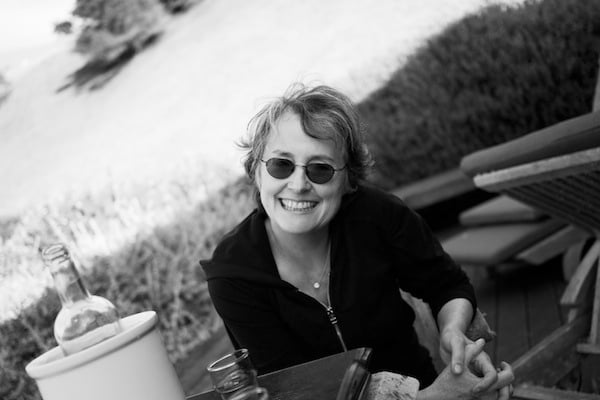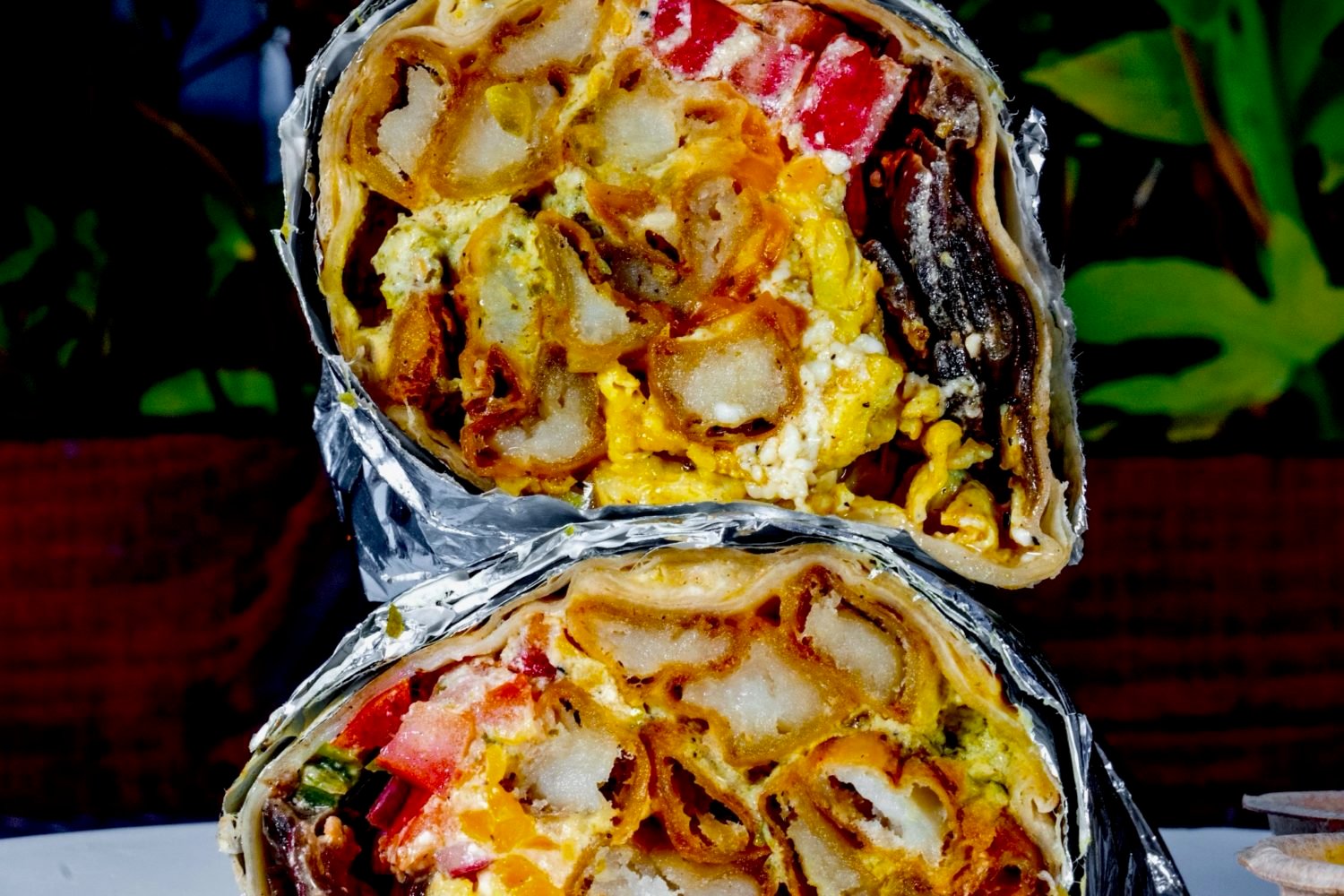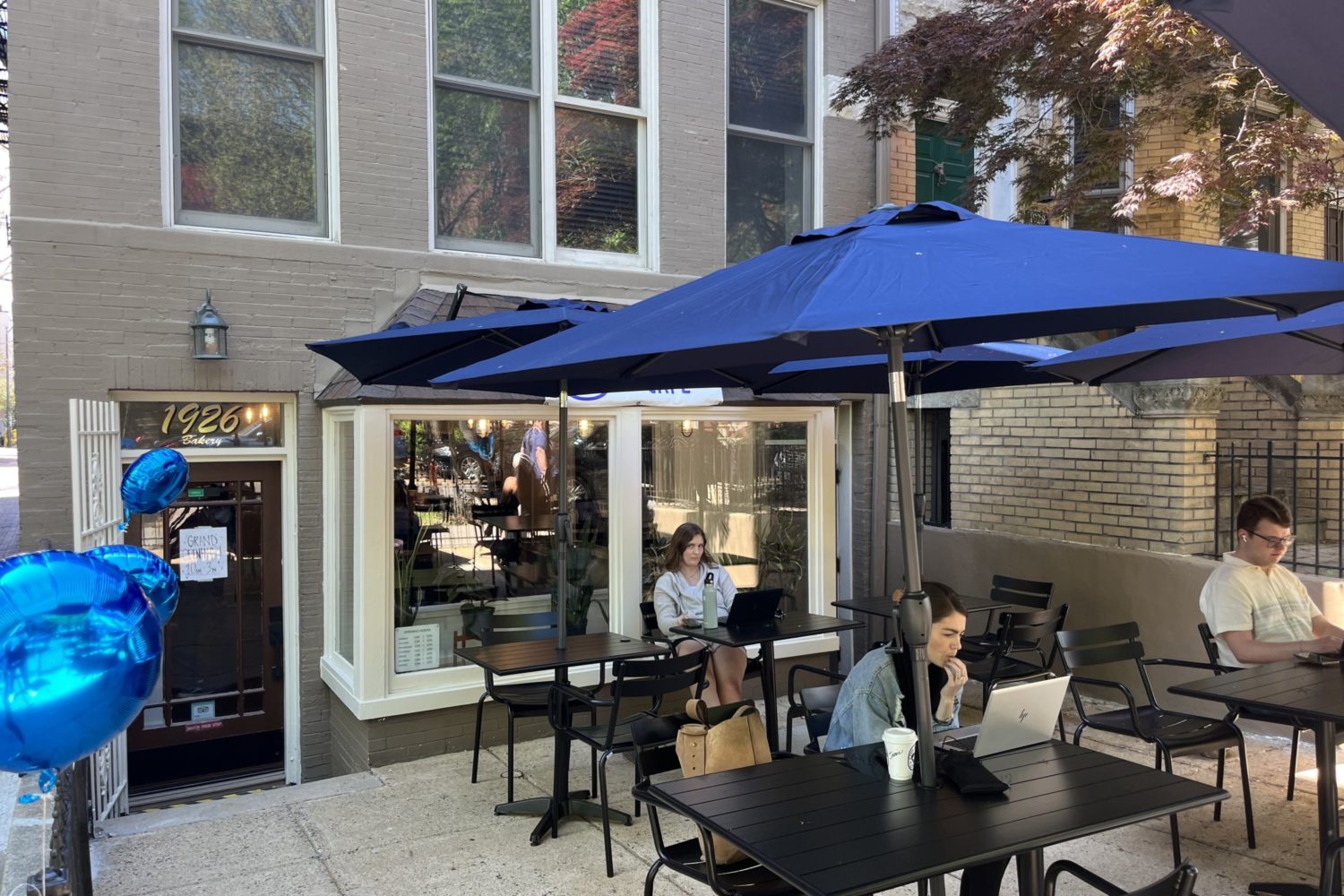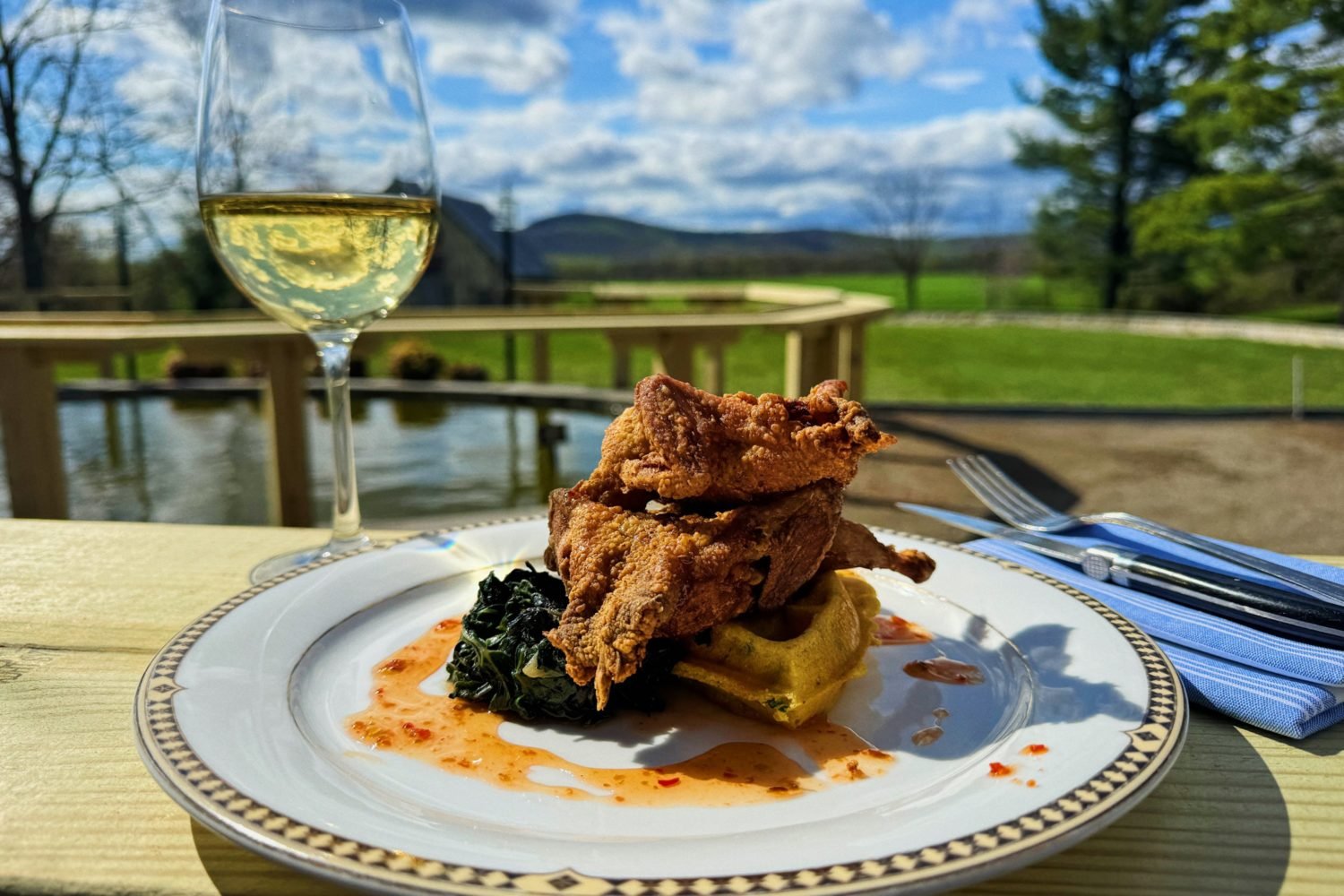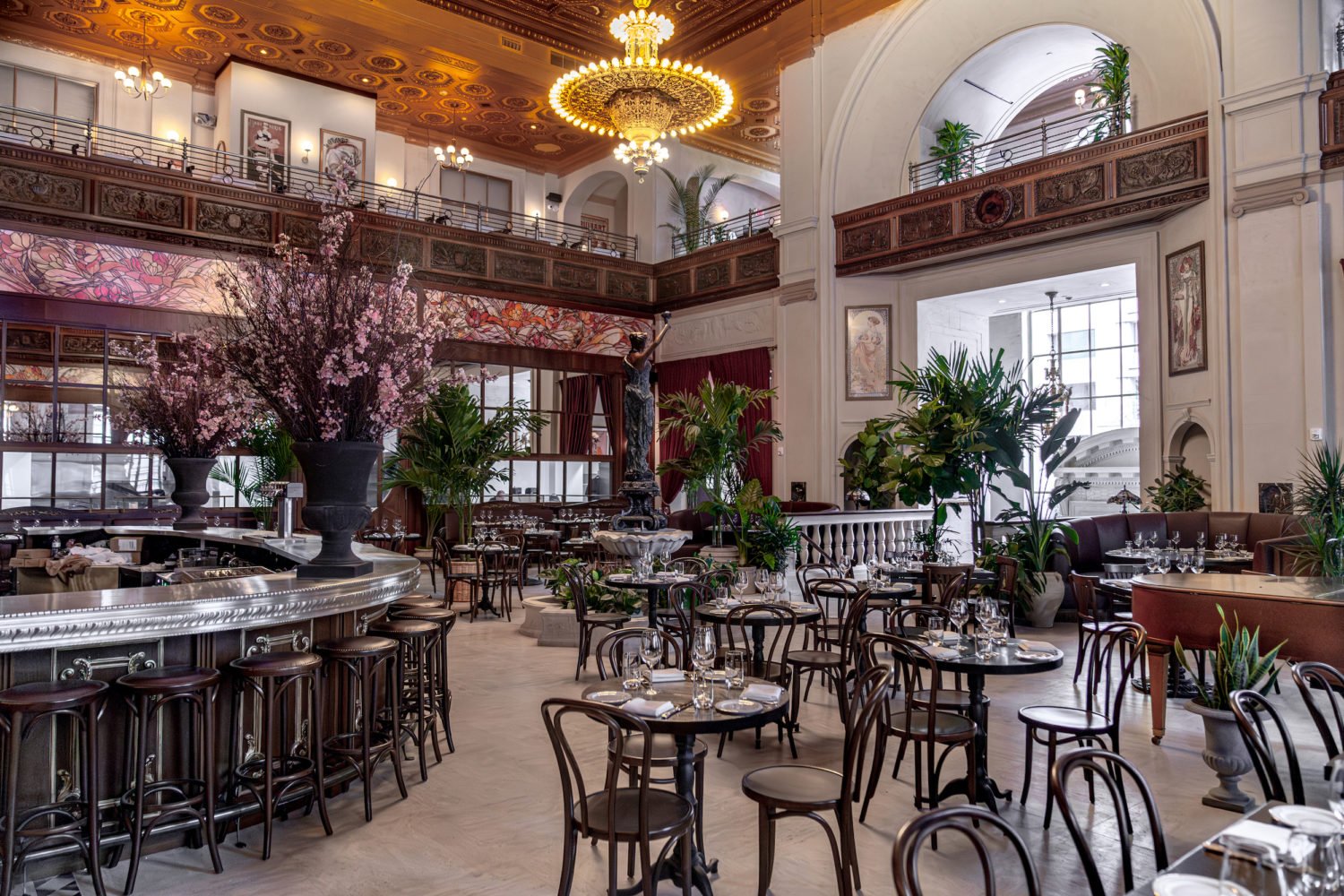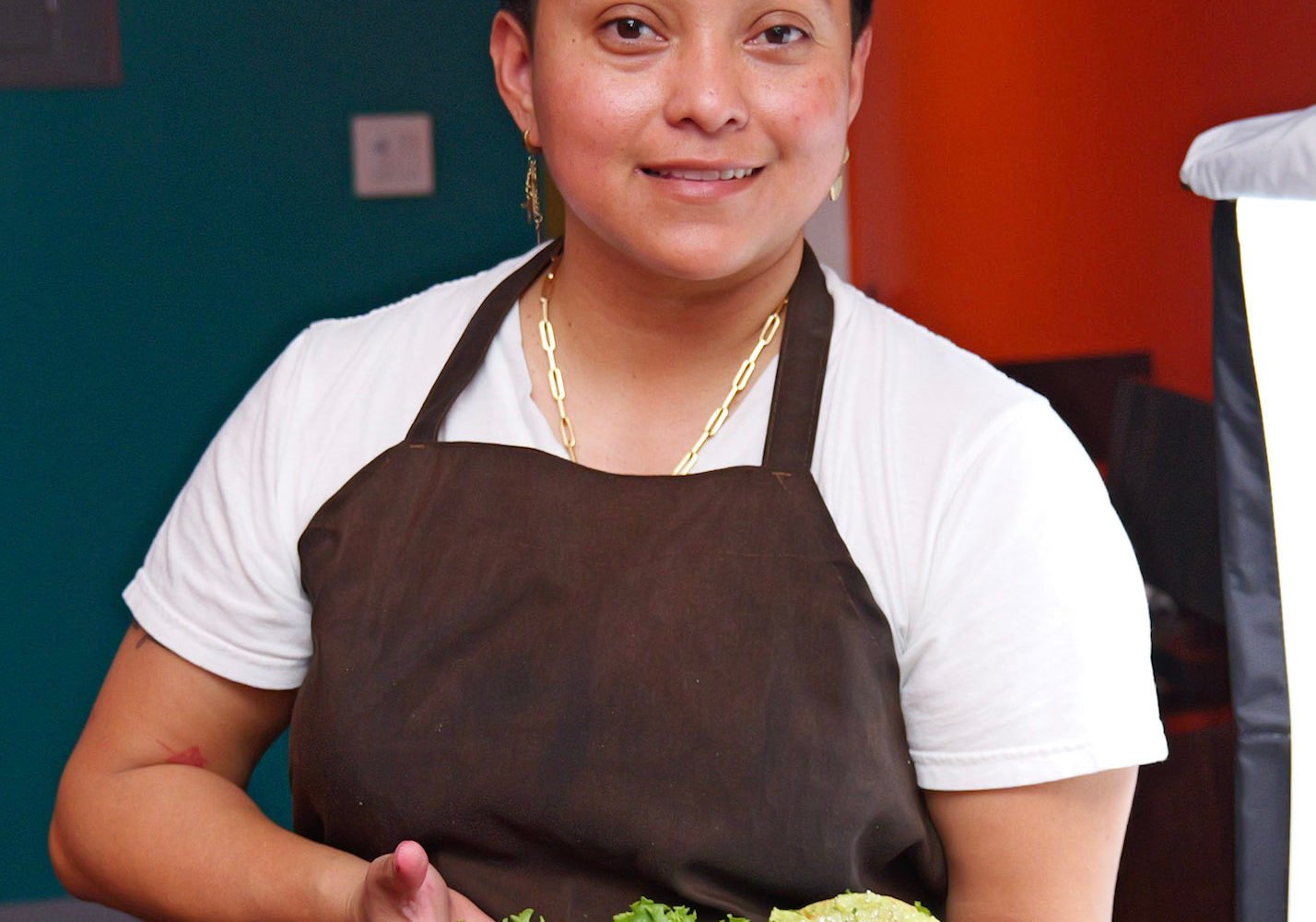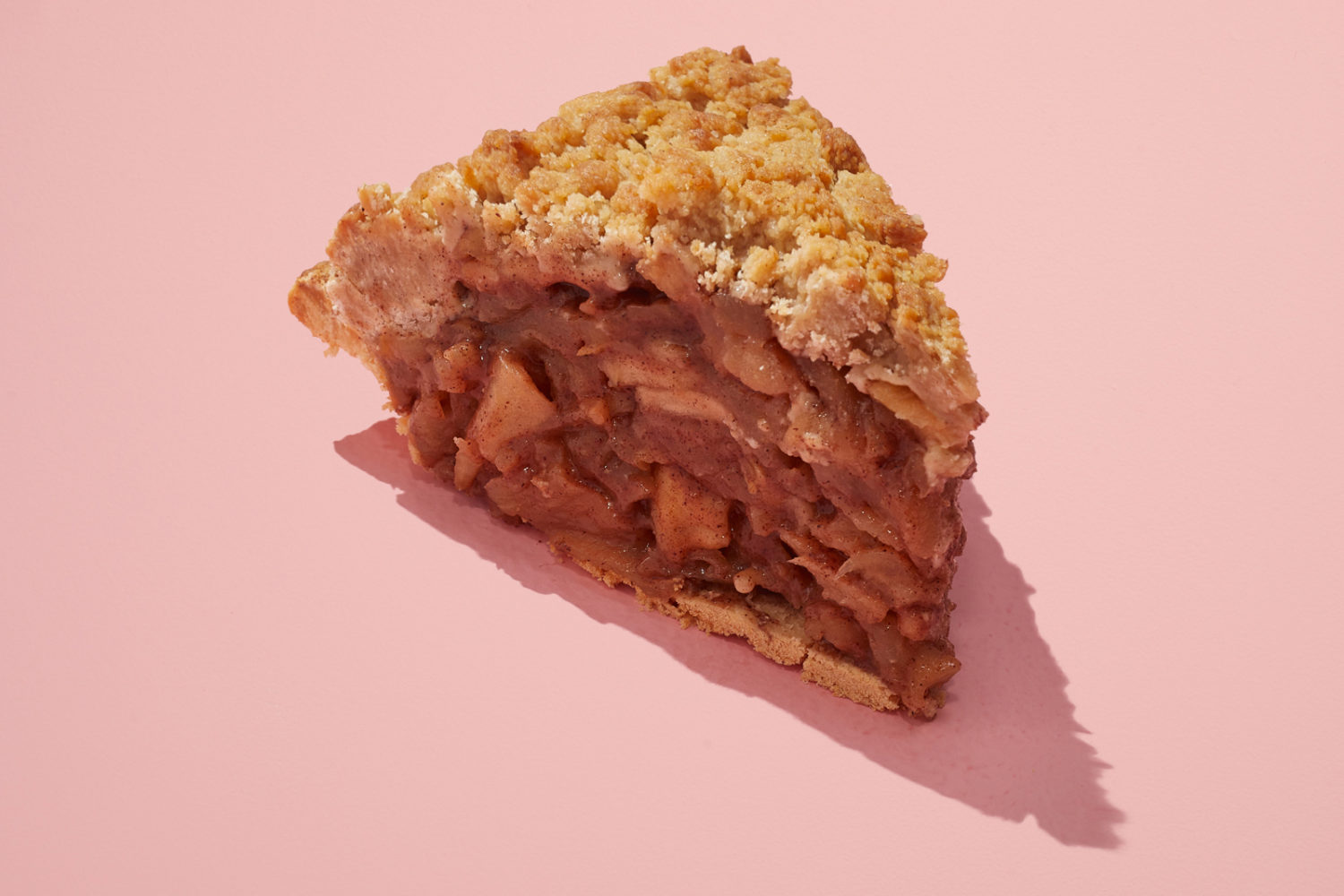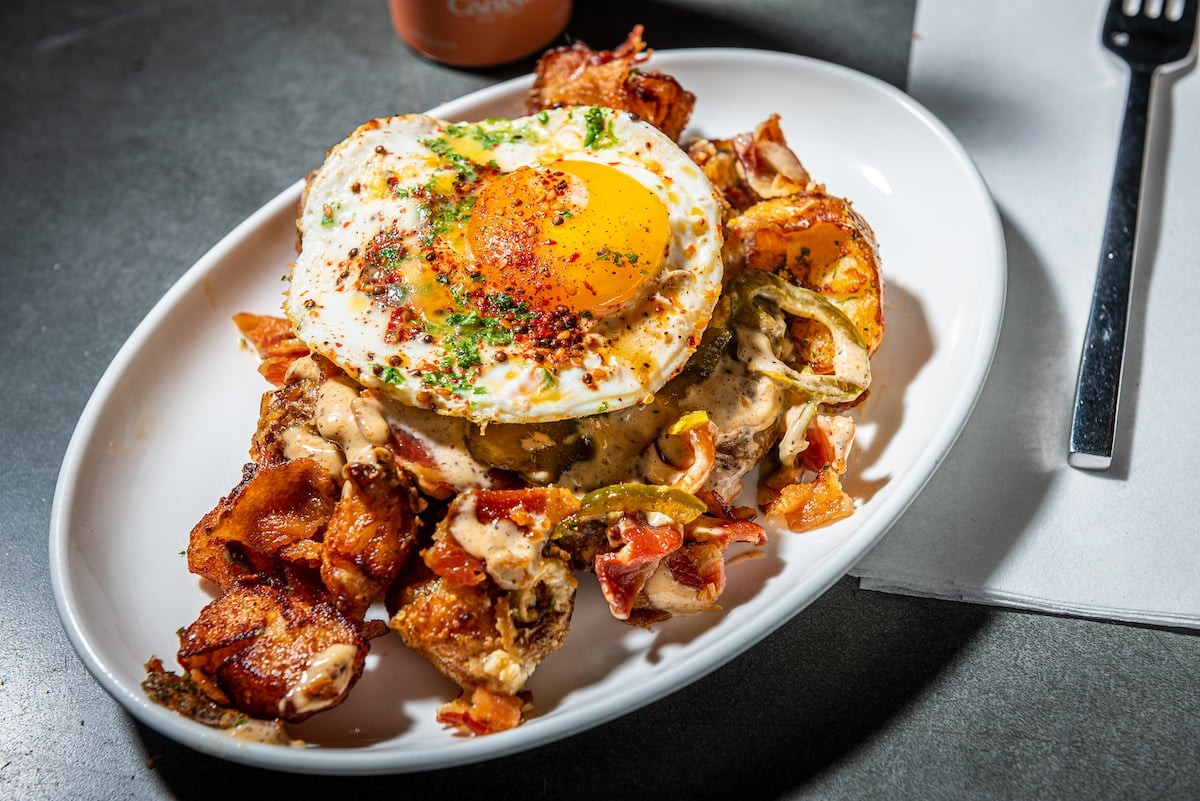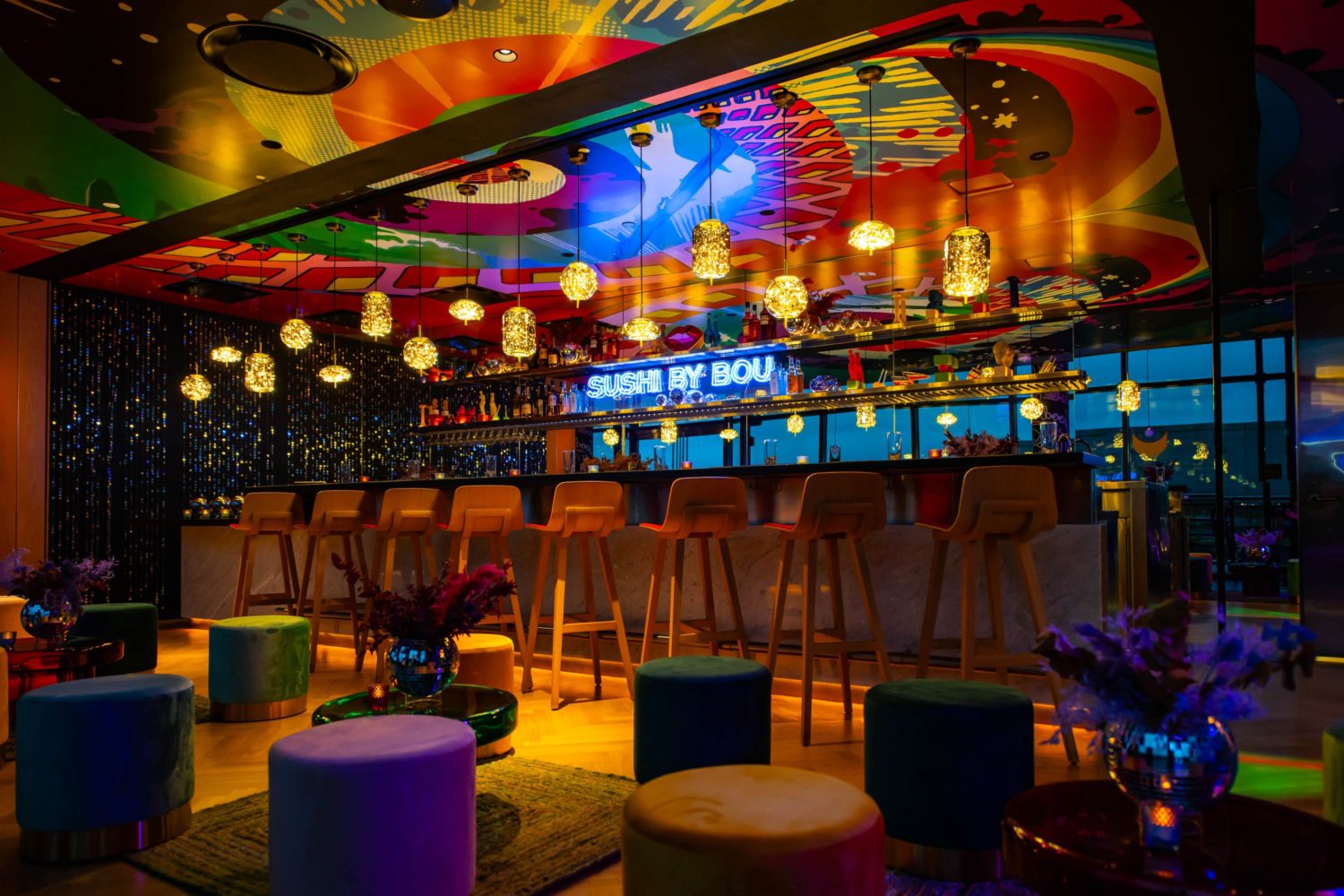California cuisine luminary Alice Waters heads to DC this month. Photograph by Brigitte Lacombe.
At her Berkeley, California, restaurant Chez Panisse, Alice Waters has famously served diners a raw, unpeeled peach for dessert, saying the fruit was perfect and therefore impossible to improve upon. This devotion to seasonal, local, organic produce evolved into a philanthropic and political passion—she is an outspoken advocate for universal access to healthy organic food, reform in school lunches, and farmers’ rights.
Later this month, Waters will come to Washington for Sunday Night Suppers, an annual event she organizes with Joan Nathan and José Andrés in which 20 chefs, both local and far-flung, cook dinner for groups of 15 to 40 people at Washington homes. At $550, the dinners don’t come cheap—but then again, says Waters, you might just wind up seated next to a Supreme Court justice.
We recently chatted with the chef, who shared her thoughts on unexpected dinner guests, her charitable contributions, and what she loves about Washington.
You spent years doing special events in New York, including private home dinners to drum up support for Barack Obama during the last election and the Meals on Wheels benefit at Rockefeller Center. Why have you started working in Washington instead?
It’s important to be doing this in a place where there’s the possibility of communicating a big activity very quickly. It’s a little hard in Omaha, Nebraska, and it gets confused in New York. In Washington, if you can make the right impression and bring the right people into the project, it has the possibility of really influencing the powers that be. I used to go to New York to do Meals on Wheels every year, because it raised the whole annual budget for Meals on Wheels—just that one event—but now it has its own momentum. So I’ve put my energy into Washington.
When you say “right people,” whom are you talking about?
Last year, I was doing the dinner at Joan Nathan’s house, and one of Joan’s neighbors happens to be Justice Sotomayor. She just dropped in on us, and it was the thrill, really, of my life. She came to Chez Panisse, and I went to see her when I was in Washington in her chambers, and she cooked me a beautiful organic lunch with some of the other justices. You never know who you are going to meet, what’s going to unfold, and whom you are going to be seated next to at dinner. And I love that aspect of it.
Sotomayor, Sam Kass, and the people in the White House, a senator or congressperson—if they come and be part of it, you can really open the doors to philanthropists, to the people who have both the power and the money in Washington. To bring them to the table, to bring them to the conversation, is essential at this moment in time.
And what, specifically, is the message you want them to receive?
We’re talking about what we’re feeding people. The whole spectrum—what we’re feeding homeless people, what we’re feeding schoolchildren, and what we need to feed ourselves. And we’re including farmers. That’s really, really important to us.
Why do the dinners in private homes? How does that shape the experience?
There’s something irresistible about the Southern hospitality of Washington. Last year, I was doing the dinner at Joan’s house and she said she had some neighbors who might like to lend me dishes that I liked. And this woman was probably 80 years old and she carried the dishes, her whole Limoges set, over, ten by ten. And I was knocked out by it. This is what we’re talking about: trying to lend things to people. Not to spend the money on the catering, but to borrow, and to have people volunteer, and to bring a group of people around the table who may not have met one another.
Why have the dinners in January? Isn’t that the most difficult time of year to showcase fresh produce?
We’re cooking food that’s locally produced it Washington, DC, in the coldest month of the year. Some of it might be conserved, as in the case of a tomato, but a lot of it is fresh food that’s coming from greenhouses, and we have gotten pork and lamb from within 100 miles of Washington. I cannot believe the beautiful things we have available to cook with. When you put your mind to it, there’s a bounty. It’s just that we don’t pay attention to that.
You must get asked to do benefits for a lot of charities. Why are DC Central Kitchen and Martha’s Table important to you?
We went to one of the schools that has people who were trained at DC Central Kitchen cooking. I think that it’s in a pretty difficult place in Washington. When I went to visit, they were cutting up sweet potatoes. This woman from DC Central had grown up in that area of Washington, so she had a special interest in doing the cooking. The kids just loved her. And it was the first time I smelled a school kitchen that smelled good.
At Martha’s Table, it’s really hard because they’re given donations, and it’s hard to turn down any donation of food, but they’re trying to encourage people to give the right kind of food. That’s a big step forward.
Is there something you like to do, besides the event, when you visit DC?
We always go to the farmers market—Dupont Market. It’s so great to be working with [co-executive director at Freshfarm Markets] Ann Yonkers, and with all the people within that organization, because they’re our foragers. We need them.

